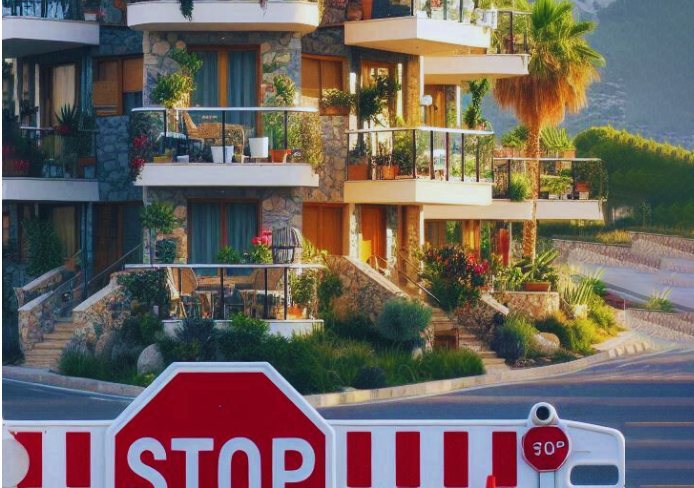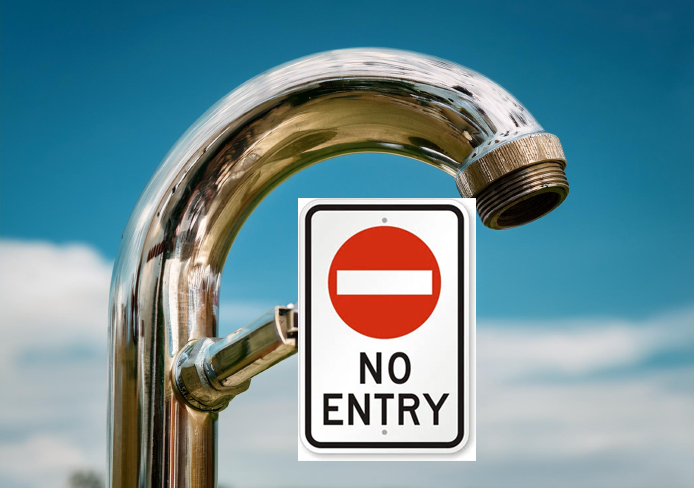Our resident real estate expert, Mathew Wood from Hola Properties, headquartered in Lanjarón, explains the changing holiday rental market and how if affects owners….
PROPERTY OWNERS who continue to run illegal holiday rentals in Spain face further hurdles as new measures are announced to combat the issue. One of the hottest topics in real estate this summer, the quest to banish illegal holiday rentals is gaining momentum, with more towns and cities implementing extra measures to thwart non-compliant owners.

Seville is a forerunner in the field and is currently conducting a review of illegal rentals. Estimates state that between 5,000 and 7,000 holiday lets in Seville are operating illegally, while around 8,000 comply with regulations. Furthermore, over 700 properties have not complied with the updated regulations from 2022. Although they hold licences, they are still operating illegally because they never implemented the new requirements.
To stop illegal holiday rentals in their tracks, the state-run water company will be asked to cut off the water supply to these properties. This simple measure could have a big impact! As nobody (well, almost nobody….) wants to holiday in a property without ‘agua’, it will effectively prevent usage until the owners comply, and pay the relevant fines.
Even if nothing happens to your vital utilities, the authorities are actively seeking illegal rentals on social media, which could land owners with substantial fines, especially if an inspector books your property. This includes in the Granada and Malaga areas, the former of which has frozen tourist licenses.

The impact on property owners and investors
For current property owners who gain income from holiday rentals, these changes could prove challenging. If your property is in a targeted area, you might face stricter rules, making it harder to let to tourists legally. If you’re thinking of buying property for short-term rental purposes, these developments are critical to your decision-making. Investing in a property that isn’t eligible for a rental licence could severely curb your return on investment.
It’s not all bad news, though. Properties located in less restricted areas may see a boost in value, as demand for legal holiday rentals remains high while supply decreases. Additionally, if you’re open to traditional long-term rentals, there’s still strong demand in most areas of southern Spain, providing a stable and consistent income stream.
What to expect
The debate around short-term holiday rentals in Spain is far from over, and further restrictions are likely. Municipalities are exploring options such as capping the number of days a property can be rented annually, or increasing taxes on short-term lets. For property owners, staying updated on these changes is crucial. The market is shifting rapidly, and what looks a profitable investment today might become a liability tomorrow.
If you’re considering buying, selling, or renting out property in southern Spain, be sure to work with a knowledgeable real estate agent who monitors market trends and regulatory changes. This means that you can make informed decisions, have peace of mind, and be guided at every stage – without doing the daily research yourself.
Please see the Hola Properties video about the issue of illegal holiday rentals.

